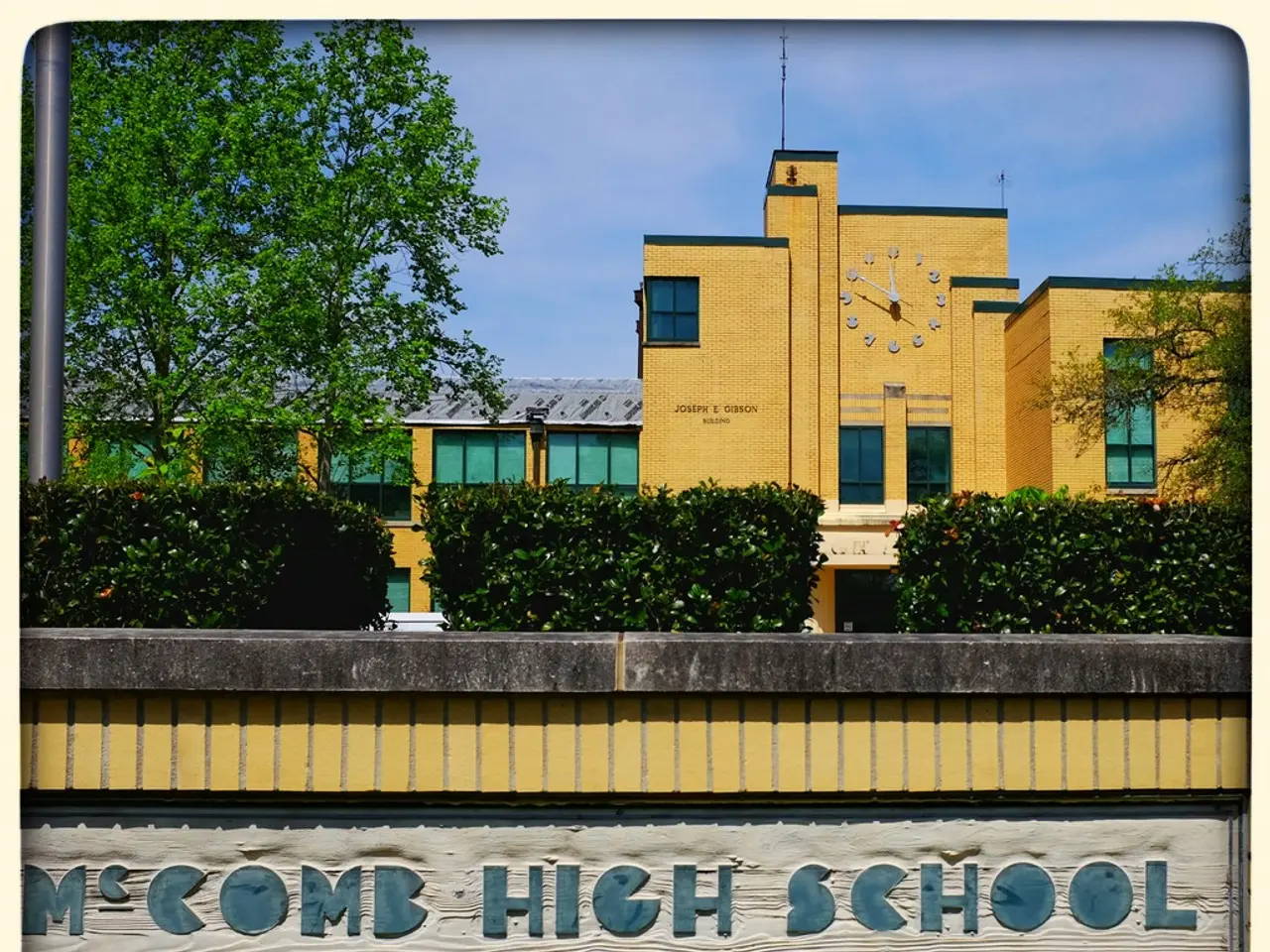Philadelphia discovered a method to maintain summer educational activities, independently of federal funding
In the heart of Philadelphia, the School District is running a successful six-week summer camp named Summer Achievers. The program, designed for rising first- through eighth-graders, operates out of 59 school buildings, with the district providing teachers and instructional materials, and the city contracting with local nonprofits for fun activities for campers.
The Summer Achievers program is modelled after a long-running initiative in Boston, which embeds academic instruction into summer activities. Collaboration is essential to the program, pairing nonprofit employees with district teachers.
According to a recent national survey, 66% of respondents planned to keep their summer learning spending unchanged from the previous year, while 16% planned to increase it, and about 18% reported they would decrease spending on summer learning this year. The Summer Achievers program, however, has managed to maintain high attendance, with students showing up ready and excited to participate.
Each day, the program includes about four hours of math and English language arts instruction, followed by fun activities such as arts and crafts, drama, sports, and field trips. The program is designed to provide full-day child care, be at least six weeks long, be easily accessible to families, and be fun.
Research scientist Megan Kuhfeld, from NWEA - a K-12 assessment and research organization, emphasises that effective summer learning programs should provide full-day child care, be at least six weeks long, and be fun to attract students. She also adds that they should integrate rigorous academics with enrichment activities, have small class sizes, recruit highly effective teachers, anchor curriculum in school-year standards and student needs, and have clear attendance policies and incentives.
One of the program's participants, Ra'laya Myers, a 13-year-old student, finds the program to be a safe space and a place where learning is fun. School District of Philadelphia math teacher Eric Domzalski teaches rising fifth- and sixth-graders alongside Launch of Philadelphia employee Amir Simmons at the Summer Achievers program.
The Summer Achievers program uses survey data and other metrics to evaluate its success. The program is working with the city to develop similar metrics for evaluating its success. Data from last summer shows that students who took part in a summer learning program in Boston had an average attendance rate of approximately 86%; they experienced growth in critical thinking, relationships with peers and adults, and communication skills.
The federal government provided schools with about $10 billion to support after-school and summer learning programs between 2021 and 2024, according to the nonprofit Afterschool Alliance. However, most of the funding for after-school and summer learning programs has expired, leaving schools to choose between scaling back or finding other ways to pay for summer programs. The School District of Philadelphia teamed up with the city to sustain its Summer Achievers program once the federal funding went away, spending roughly $9.5 million on this summer's programming.
Additional insights include the importance of accessibility and full-day programming, community-based learning, summer reading programs, professional development for educators, and creative teacher engagement. These elements enhance the relevance and student engagement, support reading achievement growth, and help prevent summer learning loss.
In conclusion, the Summer Achievers program in Philadelphia is a shining example of how schools and cities can collaborate to provide effective summer learning programs that balance academic rigor with engaging enrichment, maintain manageable group sizes, involve skilled teachers, ensure accessibility, and are thoughtfully planned and implemented with clear goals and accountability.
- The Summer Achievers program in Philadelphia is using funds from the city and federal government to ensure its sustainability, spending around $9.5 million on this summer's programming.
- Research scientist Megan Kuhfeld suggests that successful summer learning programs should leverage funds and credit from various sources, such as government grants and local partnerships, to pay for programs and maintain growth.
- One way to stretch funds for education-and-self-development is by partnering with nonprofits, as the Summer Achievers program does, to share resources and provide fun activities for campers.
- In order to secure more funds and credits, the program is working on analysis and ESG (Environmental, Social, and Governance) evaluations that demonstrate its positive impact on student growth and community development.
- The data-driven program seeks to increase access to learning opportunities by offering full-day child care, easier accessibility to families, and swing schedules for students who need additional support.
- The Summer Achievers program believes that education and self-development is a long-term investment, and through learning and collaboration, it aspires to create a future where all students have access to quality education and resources, fostering continued growth and success.




